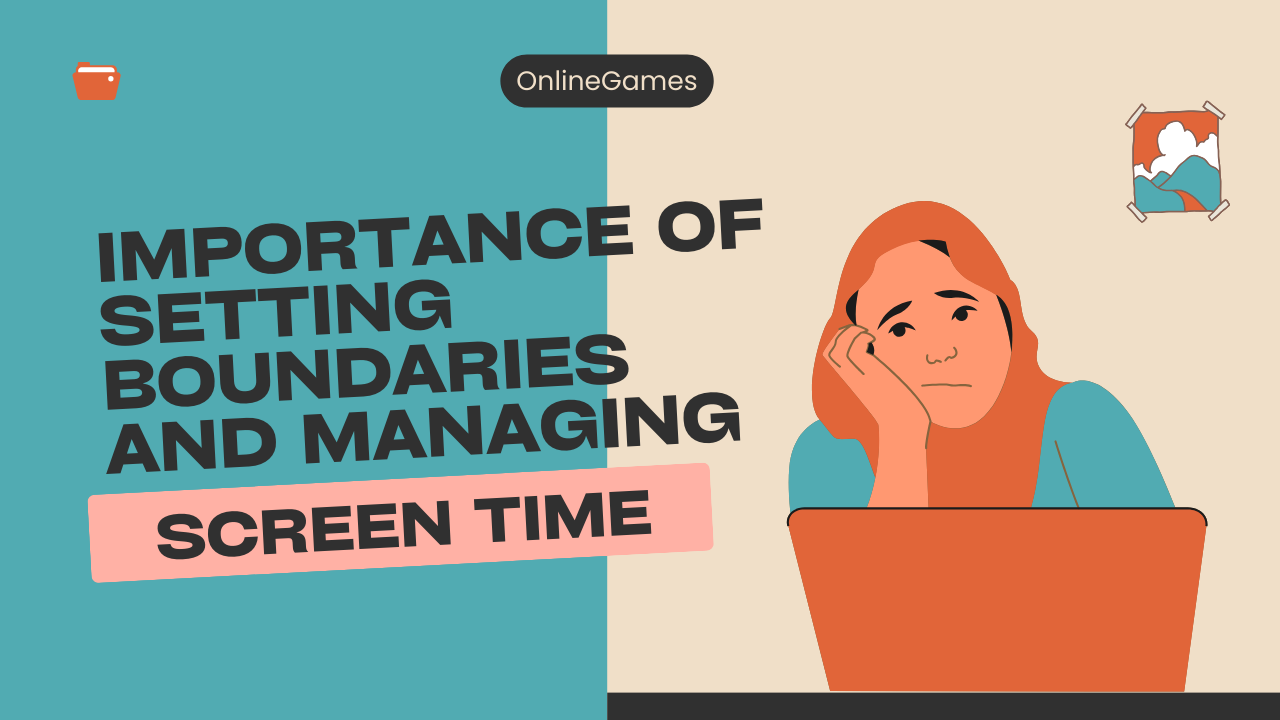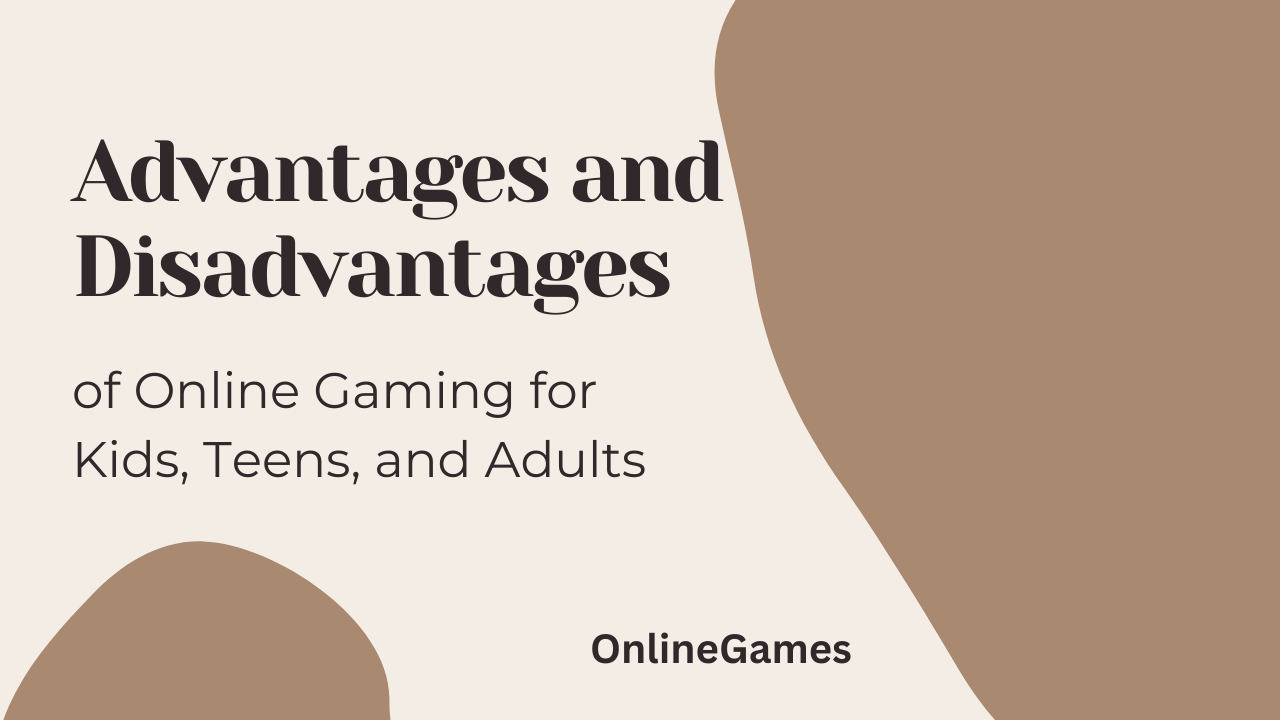In the digital age we live in, where screens are ubiquitous and integral to daily life, setting boundaries and managing screen time has never been more crucial. This article explores why establishing limits around screen use is essential for both individuals and families and provides practical strategies to achieve a healthy balance.
Understanding the Impact of Excessive Screen Time
Physical Health Concerns
Extended screen time can lead to several physical health issues:
- Eye Strain and Digital Eye Fatigue: Prolonged exposure to screens, especially without breaks, can cause eye discomfort, dryness, and blurred vision.
- Sedentary Lifestyle: Excessive screen use often correlates with a decrease in physical activity, contributing to health problems like obesity, cardiovascular disease, and musculoskeletal disorders.
- Sleep Disruption: The blue light emitted from screens can interfere with melatonin production, making it harder to fall asleep and negatively affecting sleep quality.
Mental and Emotional Well-being
Too much screen time can also impact mental health:
- Increased Stress and Anxiety: Constant engagement with digital devices and social media can lead to heightened levels of stress and anxiety.
- Depression and Mood Disorders: Research suggests a correlation between excessive screen use and symptoms of depression, particularly in adolescents.
- Social Isolation: Excessive screen time may replace face-to-face interactions, hindering social skills development and leading to feelings of loneliness.
The Importance of Setting Boundaries
Establishing Healthy Habits
Setting boundaries around screen time helps cultivate healthier habits and behaviours:
- Limiting Daily Screen Time: Establish specific time limits for different types of screen use (e.g., entertainment, work, social media) to prevent excessive exposure.
- Creating Screen-Free Zones: Designate certain areas or times in the home where screens are not allowed, such as bedrooms or during meals, to promote healthier habits and family interactions.
- Setting Tech-Free Times: Implement periods throughout the day where screens are turned off completely, encouraging alternative activities and reducing dependency.
Promoting Balance and Well-being
By setting boundaries, individuals can enjoy a more balanced lifestyle:
- Encouraging Physical Activity: Limiting screen time encourages engagement in physical activities such as exercise, sports, or outdoor play, which are essential for overall health and well-being.
- Fostering Real-Life Connections: Reduced screen use allows for more face-to-face interactions with family and friends, strengthening relationships and communication skills.
- Supporting Mental Health: Creating space away from screens promotes mindfulness, relaxation, and better emotional regulation.
Strategies for Managing Screen Time
Use of Technology Tools
- Screen Time Tracking Apps: Use apps that monitor and track screen time across devices, providing insights and data to adjust usage habits.
- Parental Controls: For families, implement parental control features on devices to manage and restrict screen time for children, ensuring age-appropriate usage.
Encouraging Alternative Activities
- Promote Offline Hobbies: Encourage activities like reading, arts and crafts, cooking, or playing musical instruments that do not involve screens.
- Outdoor Exploration: Plan outdoor adventures, nature walks, or visits to parks to engage in physical activities and explore the natural world.
Leading by Example
- Role Modeling: Adults should demonstrate healthy screen habits by limiting their own screen time, especially in front of children, and prioritizing real-life interactions.
- Family Engagement: Engage in activities as a family that promote bonding and communication without the use of screens, such as board games, storytelling, or cooking together.
Benefits of Managing Screen Time
Improved Physical Health
- Reduced Risk of Health Problems: By limiting screen time, individuals can mitigate the negative effects associated with sedentary behaviour and prolonged screen exposure.
- Better Sleep Patterns: Establishing screen-free periods before bedtime can improve sleep quality and promote a more restful night.
Enhanced Mental Well-being
- Stress Reduction: Less screen time can lead to reduced stress levels and improved overall mental health.
- Increased Productivity and Focus: Balancing screen use with other activities can enhance productivity, concentration, and cognitive abilities.
Setting boundaries and effectively managing screen time is essential for maintaining physical health, supporting mental well-being, and fostering meaningful relationships. By implementing practical strategies and prioritizing real-life interactions, individuals and families can achieve a healthier balance in their digital lives. Embracing a mindful approach to screen use promotes overall well-being and enhances quality of life.










